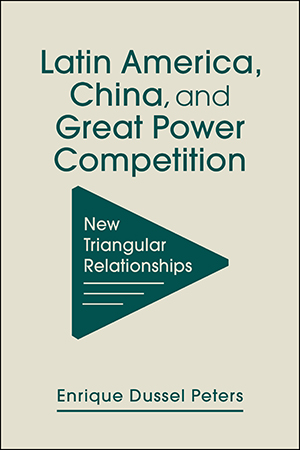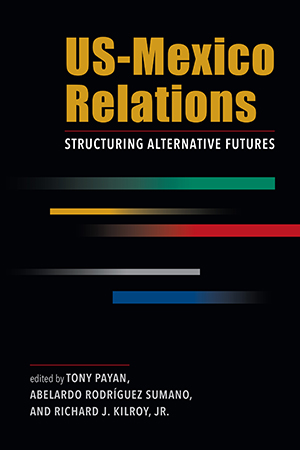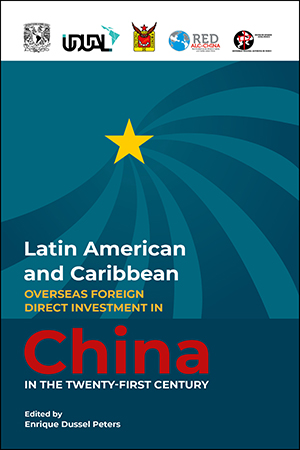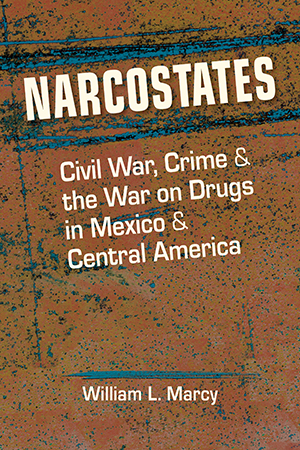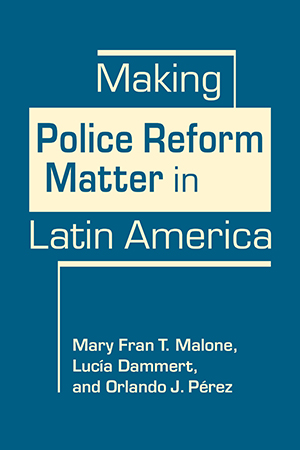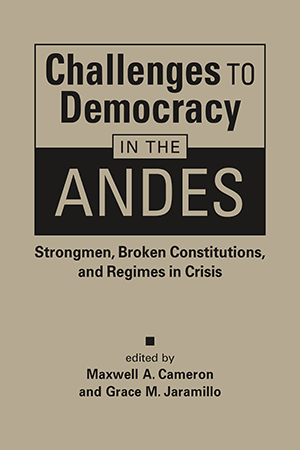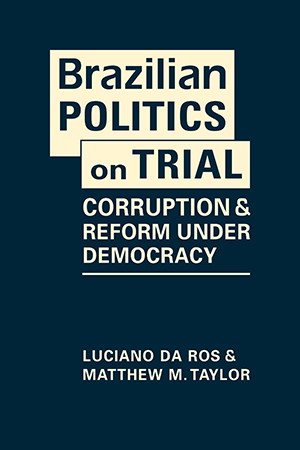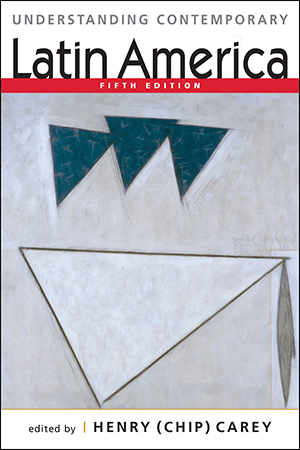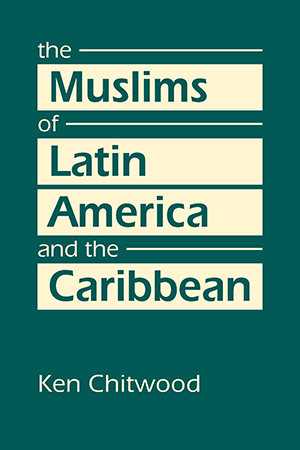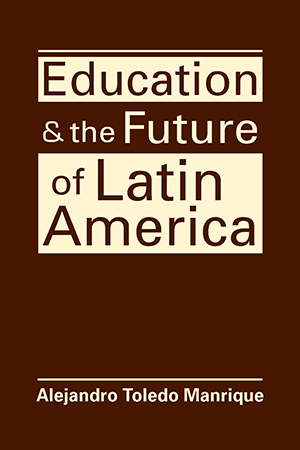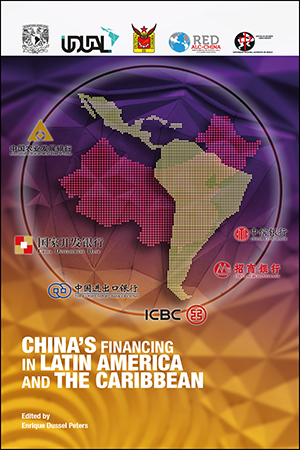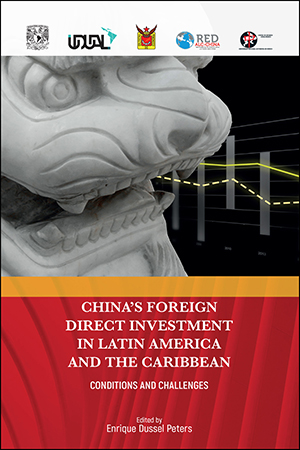Latin America and the Caribbean
The emergence of Latin America and the Caribbean as an arena for US-China competition raises a number of important questions: What are China’s goals in LAC? Is its presence there a More >
Few would disagree that the nature of current relations between Mexico and the United States embodies both promising opportunities and reasons for alarm. The contributors to this timely book More >
While overseas direct investment from China has been studied widely, OFDI to China has been largely ignored. Contributors to this volume pivot the conversation to examine macroeconomic and More >
How did Mexico and Central America become a lawless corridor for conveying narcotics into the United States? How did the drug cartels rise to power, succeeding in institutionalizing the More >
Police forces in Latin America historically have been regarded as hopelessly corrupt, inefficient, and even abusive. More recently, however, there have been clear signs that police reforms More >
Although military coups are rare in the Andean countries, democracies remain prone to deep political crises caused by elected leaders (especially strongmen, or caudillos) who abuse their More >
Though police are supposed to serve and protect, they all too often rob and abuse. Why? And what can be done about it? That is the central puzzle addressed in this book. Drawing on the More >
Brazil's democracy has repeatedly suffered major corruption scandals, despite numerous reforms designed to overcome entrenched patterns of illicit behavior. Why? What has caused More >
This new edition of Understanding Contemporary Latin America, the first under the editorship of Henry (Chip) Carey, reflects the many changes that have occurred in the region in the decade More >
Winner of the Religion News Association's Award for Best Nonfiction Religion Book! The "Muslim World" is often narrowly conceived as tied to the Middle East and North More >
What will it take to overcome the many challenges that Latin America faces in developing quality, inclusive education for its diverse population? That is the question at the heart of More >
While there is arguably universal agreement that corruption plagues countries worldwide, do we agree as well on what corruption is and how to fight it? Do the left and right on the political More >
Over the first two decades of the twenty-first century, China has become not only the world's largest economy, but also its largest exporter, a major importer, and the second largest More >
With Latin America home to some of the most draconian bans on abortion in the world, abortion rights is one of the most controversial and hotly contested topics in Latin American politics More >
In recent years, China's explosive outflow of foreign direct investment (FDI) globally can be measured in the hundreds of billions of dollars, with close to 10 billion of that going each More >


